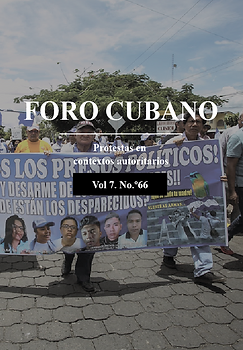Corea del Sur a finales de los años 70: Entre la opresión y el anhelo de democracia
Resumen
El Levantamiento de Gwangju, también conocido como la Masacre de Gwangju, fue un levantamiento popular en Corea del Sur que tuvo lugar del 18 al 27 de mayo de 1980. Comenzó como una protesta estudiantil contra el gobierno autoritario del general Chun Doo-hwan, y las manifestaciones fueron violentamente reprimidas por las fuerzas gubernamentales, resultando en la muerte de cientos de personas. A finales de la década de 1970, Corea del Sur se encontraba en una encrucijada histórica. Por un lado, el país experimentaba un rápido crecimiento económico bajo el gobierno autoritario del presidente Park Chung-hee, basado en una estricta planificación centralizada, la industrialización a gran escala y la represión de las libertades civiles. Sin embargo, este "milagro económico" tuvo un alto costo social, ya que la desigualdad social creció desmesuradamente, la clase obrera fue sometida a duras condiciones laborales y la disidencia política fue brutalmente reprimida.


